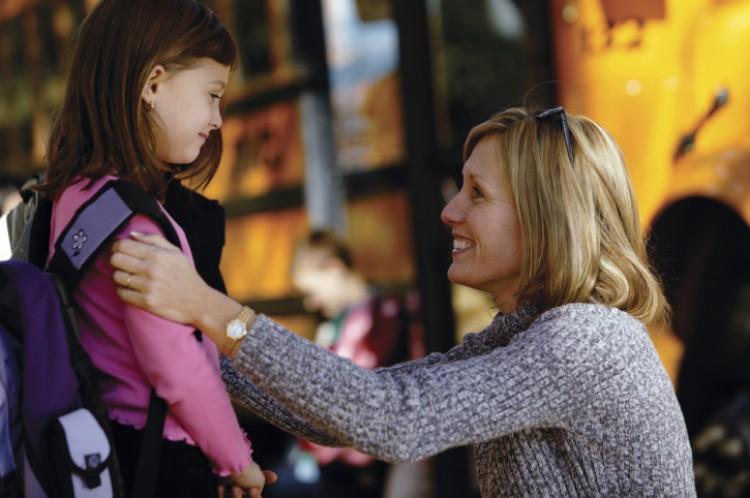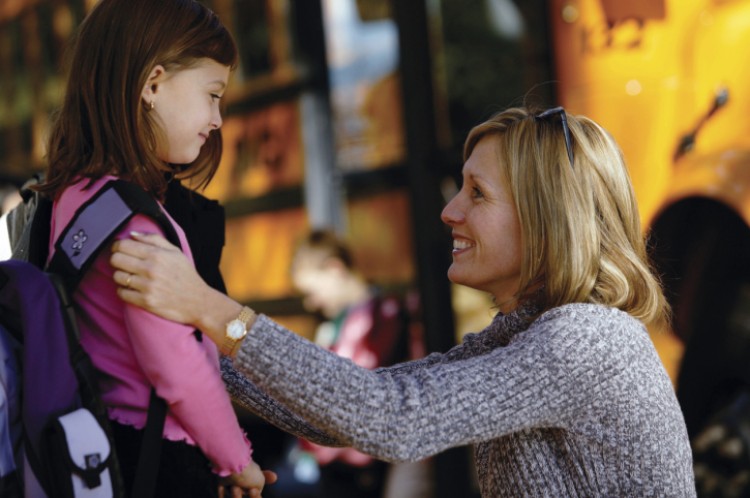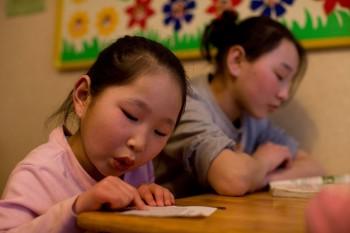Gearing Up for School: How To Get Your Child Prepared
If you stop and take a look, you'll notice that for young children, the start of school is marked by an end to all the things that make summer fun: no more spending long days at the swimming pool, staying up late, or wearing whatever they want.

BACK TO SCHOOL: Start children off with enthusiasm for school and they'll put more energy into their studies. photos.com
|Updated:





